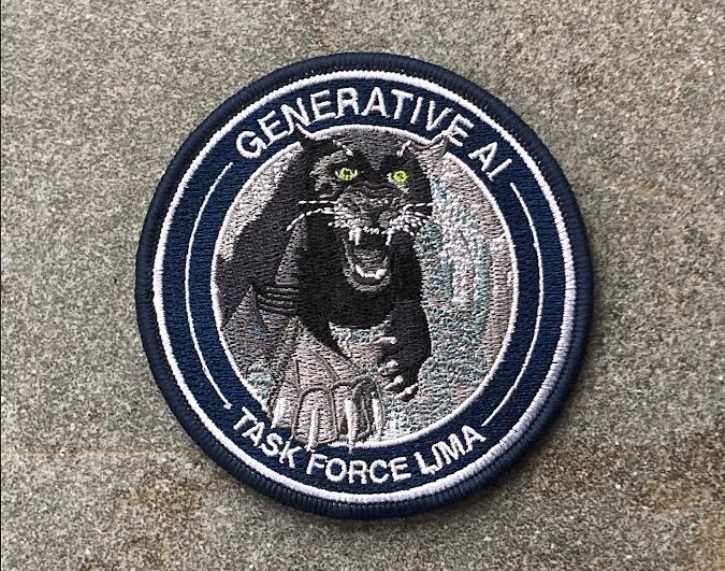Questions on DOD’s plans for generative AI swirl as Task Force Lima’s possible sunset nears

Before the end of 2024, officials leading the Pentagon’s temporary generative artificial intelligence-enabling team — Task Force Lima — aim to reveal their findings and plan to guide the military’s way ahead for deploying emerging and extremely powerful frontier models to support operations, a spokesperson told DefenseScoop on Friday.
However, a range of questions regarding Lima’s latest progress and outputs to date, the hefty volume of algorithms and use cases it’s been exploring, and the timeline for the task force’s potential decommissioning continue to linger as its sunset deadline approaches.
Defense Department leadership originally launched the team within the nascent Chief Digital and AI Office a little over a year ago.
At the time, they expressed recognition that the emerging field of generative AI and associated large language models — which broadly yield (convincing but not always correct) software code, images, audio and other media following human prompts — present both promise and complex threats to DOD’s mission, and therefore needed to be strategically confronted in a coordinated manner.
“The Generative AI and LLM Task Force, also known as Task Force Lima (TF Lima) was established in August 2023 and we anticipated it would operate for 12 – 18 months in duration. Given the rapid evolution of generative AI technology, it was important to maintain flexibility on the timeline for the team’s work,” a DOD spokesperson wrote in an email on Friday.
From the group’s inception, DefenseScoop has steadily covered its pursuits and engaged in multiple interviews with Task Force Lima Mission Commander Navy Capt. M. Xavier Lugo.
But since August, multiple Pentagon spokespeople have not met DefenseScoop’s requests for an interview with Lugo or another member of the task force to discuss progress. They also have not directly addressed questions regarding the status of its final report and other required deliverables — or the task force’s plan to evolve or be dissolved in February, marking the end of its up-to-18-months deadline.
In the latest emailed response on Friday about those inquiries and where Lima currently stands, the DOD spokesperson pointed to the White House’s new national security directive to propel the government’s AI adoption that was released Thursday.
“To facilitate implementation of President Biden’s recent signing of the National Security Memorandum on AI, the CDAO is reviewing the findings and recommendations from Task Force Lima to ensure the department’s investments and pilots align with the whole of government approach. This will ensure the DOD is able to maximize the transformative potential of AI to maintain our technological edge and enhance operational effectiveness across the board,” they said.
“Further details on the findings from TF Lima and the department’s path forward on applying frontier models of AI will be forthcoming later this year,” the spokesperson said.
The CDAO is set to host a “Responsible AI” conference on Oct. 29 in Virginia, where it expects to bring together roughly 200 attendees from across the public and private sectors, academia, and international government partners.






